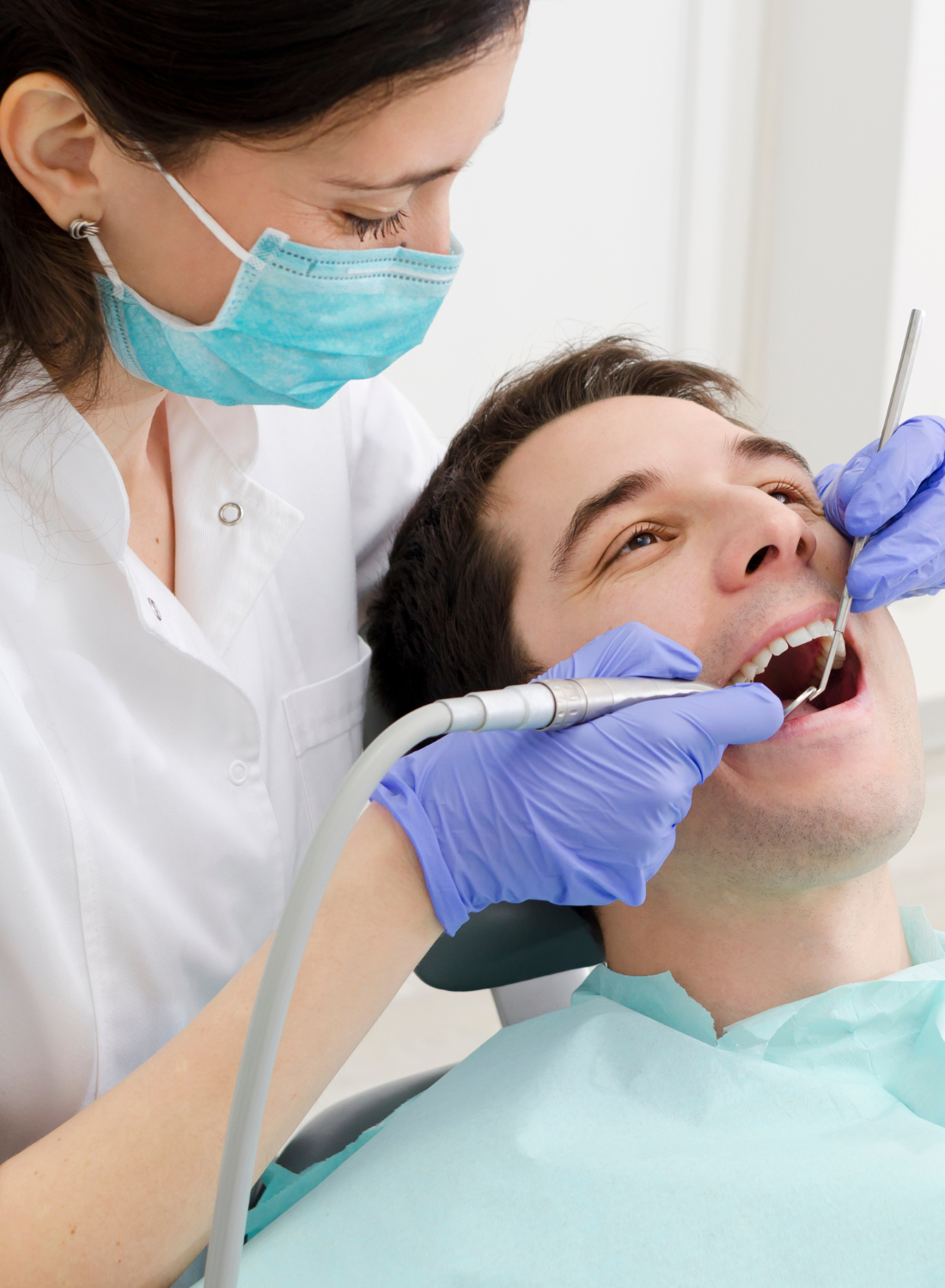Sleep Apnea Treatment In Allentown
Get help for your sleep apnea and snoring problems and finally get some quality sleep.

All About Sleep Apnea
Sleep apnea is a sleep disorder that makes it difficult to breathe while you sleep. Sleep apnea can disrupt your sleeping more than 30 times a night and is characterized by pauses in normal breathing, gasping in your sleep, waking up with headaches, feeling foggy and tired during the day and, most infamously, excessive snoring that might keep your partner awake.
Schedule Your Appointment Today! Schedule Appointment
New patient Special $250 Exam, Cleaning & X-Rays Schedule Appointment
Free Cosmetic Consultations or Second Opinions Schedule Appointment
Learn About Our Team of Experts! Learn More

There are two main types of sleep apnea:
- Obstructive Sleep Apnea - The most common form of sleep apnea, caused by tissues in the back of the throat collapsing and blocking the airway during sleep.
- Central Sleep Apnea - This form of apnea is caused by a disruption in the communication patterns between your brain and muscles which leads to a breathing disruption.
How Is Sleep Apnea Treated?
There are several options for treating sleep apnea depending on the cause and severity of your apnea. It’s also important for us to find a solution that suits your lifestyle.
Lifestyle changes
The good news is that mild cases of sleep apnea can be treated right at home. The dentist may recommend losing weight, avoiding alcohol and sleeping pills, changing the way you sleep, following sleep hygiene recommendations, and quitting smoking. These recommendations are so safe and effective, we often recommend them even in tandem with other treatments.
Continuous Positive Airway Pressure (CPAP)
Currently the most common treatment for sleep apnea, you may already be familiar with CPAP machines. A mask is worn over the nose and/or mouth while you sleep. The mask is connected to a machine that delivers a constant steady stream of air that helps keep your airways open so you can breathe normally. There are different kinds of masks and machines available depending on your needs and what you’re comfortable sleeping with.
Oral appliances
There are a few appliances that are worn in the mouth while sleeping that can alleviate the symptoms of sleep apnea. They typically look and feel a bit like a mouthguard. Their function will depend on what’s causing your sleep apnea symptoms and they may alleviate snoring, pull the jaw forward to keep your airway clear or stabilize your tongue.
Surgery and medication
Some causes of sleep apnea can be treated with surgery or medication. The most common types of surgery for sleep apnea problems include repairing a deviated septum in the nose, fixing a narrow throat or airway, or making adjustments to the jaw area to relieve throat blockages.
Schedule Your Consultation Today
We are accepting new patients and have a very flexible schedule and are open late from Monday – Thursday to better accommodate all of our patients.
